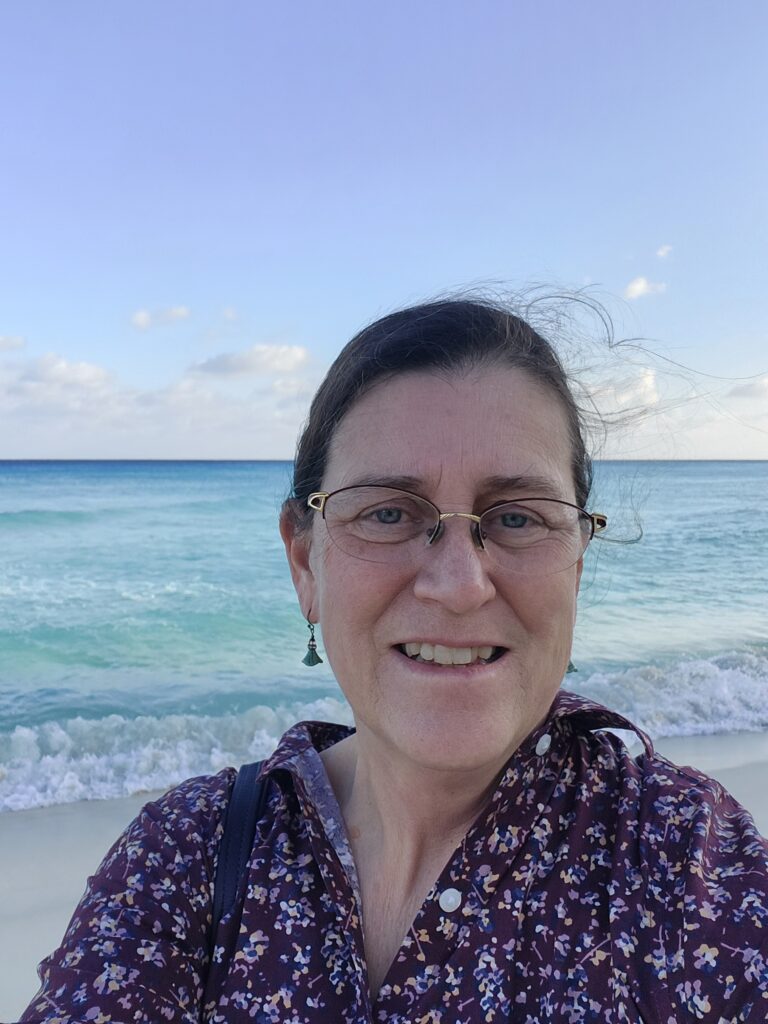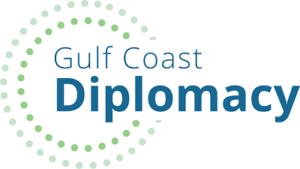In February 2024, Dr. Jane Caffrey, a Distinguished Professor at the University of West Florida’s Center for Environmental Diagnostics and Bioremediation (CEDB), traveled to Cancún, Mexico, to speak at the Wetlands Colloquium and meet with the Yucatán Basin Council. The invitation came from Mr. Gonzalo Merediz Alonso, an alumnus of the International Visitor Leadership Program (IVLP), whom Dr. Caffrey first met in Pensacola during the July 2023 IVLP project, Conservation and Biodiversity Protection in the United States – A Project for Mexico.
Alonso is the Executive Director of Amigos de Sian Ka’an A.C., a leading environmental organization instrumental in the protection of the Sian Ka’an UNESCO Biosphere Reserve. During her visit, Caffrey had the opportunity to experience the reserve firsthand, exploring its pristine, spring-fed waters, a Mayan archaeological site, and the complex ecological dynamics threatened by ongoing industrial development near Tulum.
What began as an IVLP meeting in Pensacola evolved into an international collaboration built on shared goals in conservation and science education. Less than a year after their first conversation, Caffrey and Alonso were working side by side in Mexico, modeling the kind of cross-border cooperation the IVLP program seeks to inspire.
During her week in Cancún, Caffrey shared her research on water quality issues in Pensacola and highlighted her collaborative work with local NGOs and government agencies. “Gonzalo is a real mover and shaker,” she said. “That was one thing I was impressed by.” He facilitated meaningful engagement with environmental agencies representing all three states of the Yucatán Peninsula and coordinated the participation of Mr. Matt Posner, Executive Director of the Pensacola & Perdido Bays Estuary Program, who joined the colloquium as a virtual speaker.
This IVLP connection continues to open doors. Caffrey expressed hope that their collaboration will extend beyond this visit, offering opportunities for continued knowledge-sharing and mutual support in environmental advocacy. Collaborations like this not only advance global conservation goals—they also strengthen U.S. ties with international partners, building goodwill, security, and long-term prosperity through shared scientific and environmental leadership.

Dr. Jane Caffrey of the University of West Florida
